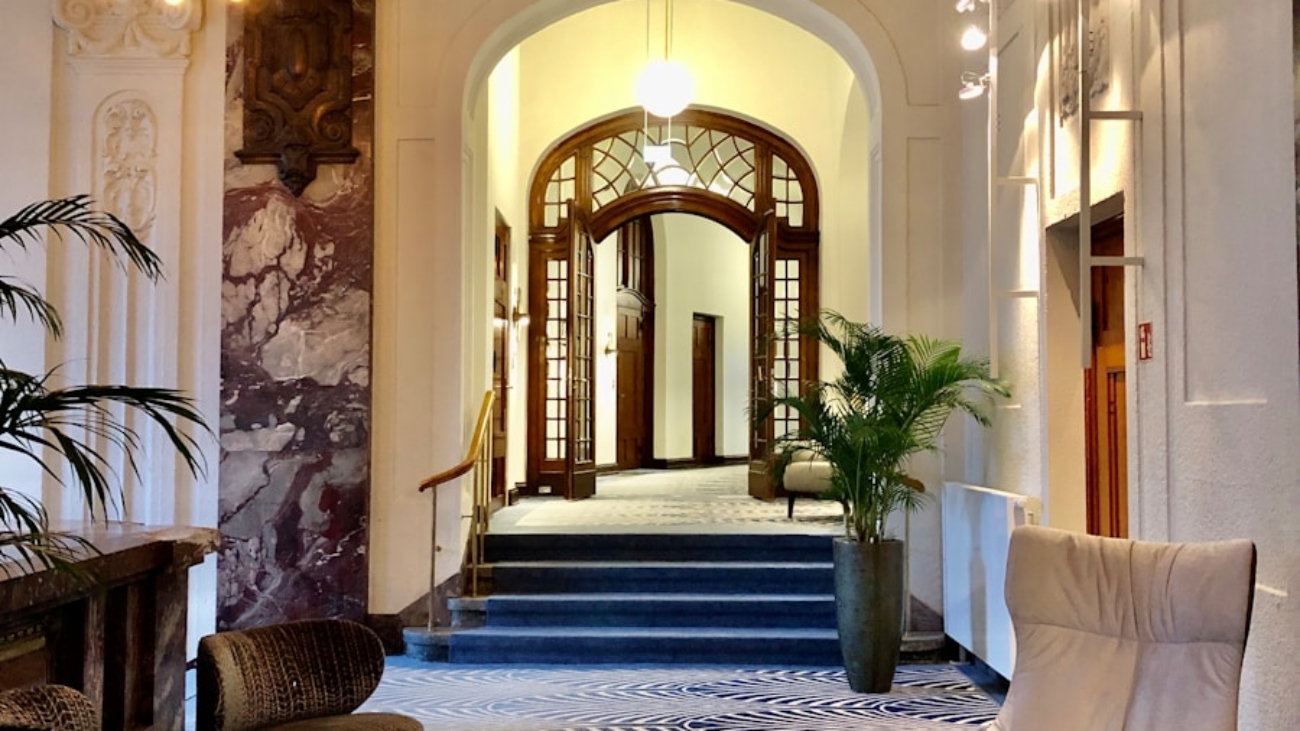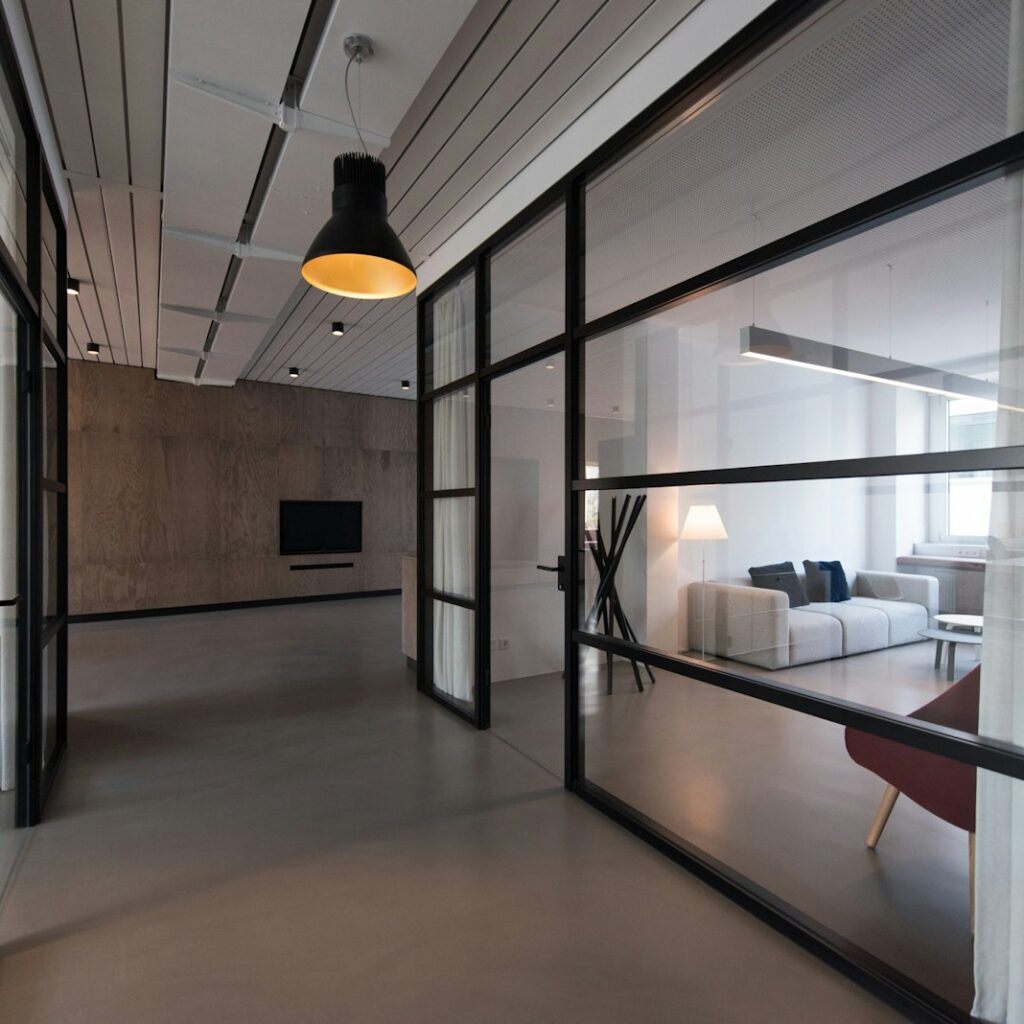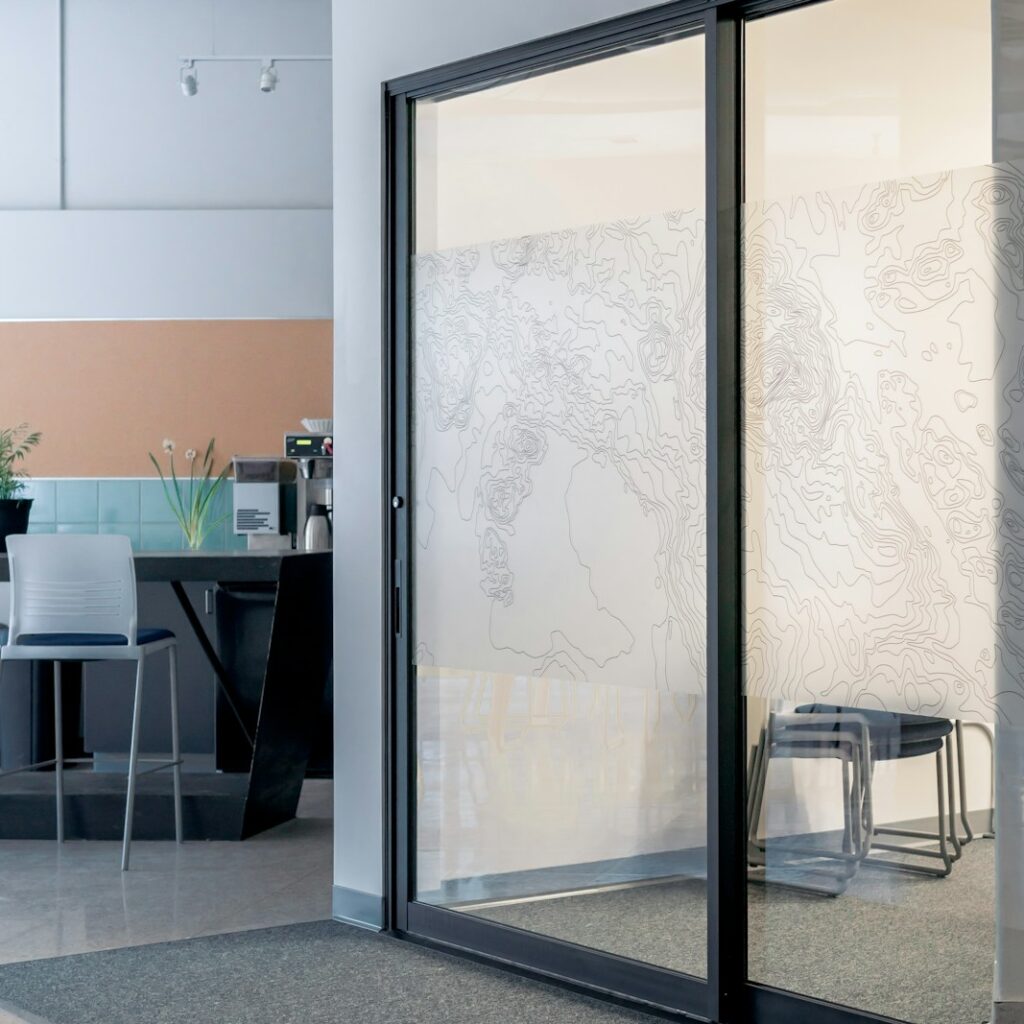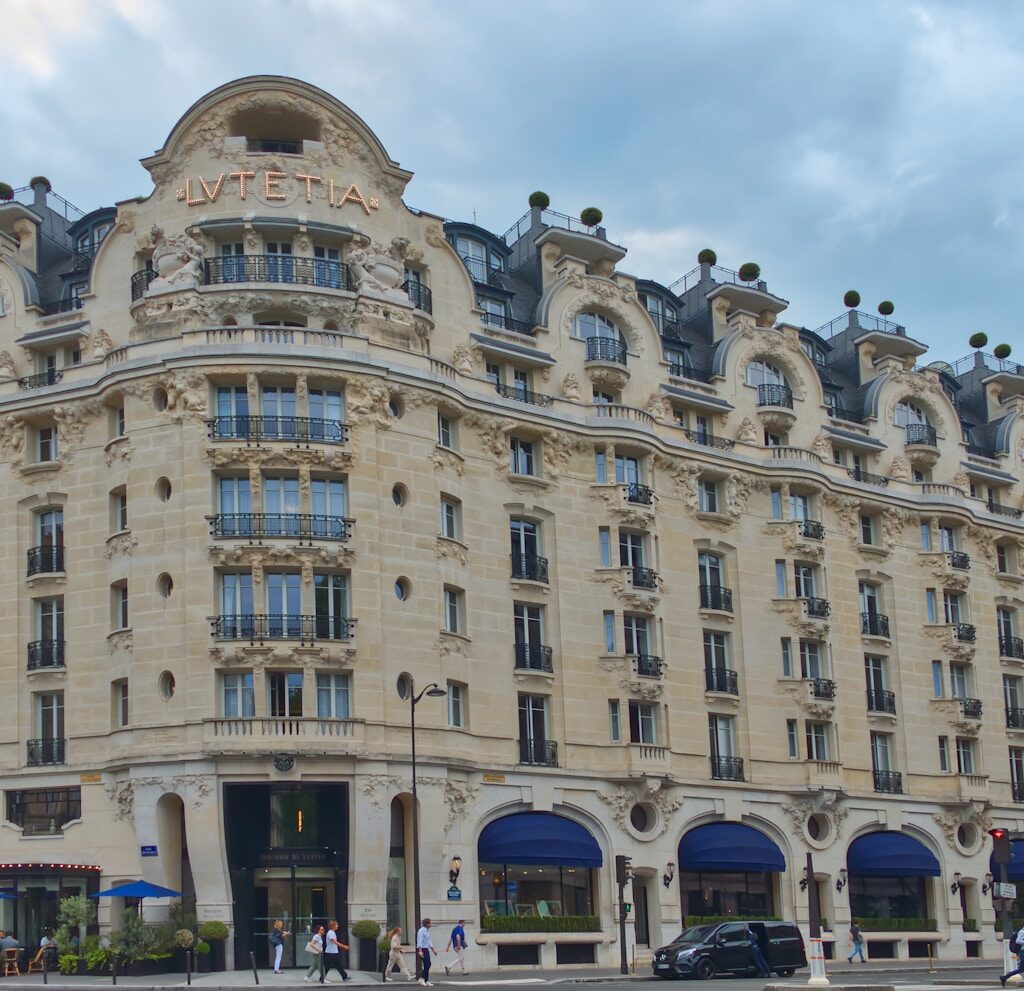The hospitality industry is no stranger to seasonal demand peaks. Whether it’s a festival season in India, the summer holidays in Europe, or the winter travel rush in North America, hotels worldwide face fluctuations in bookings, rates, and guest expectations during specific times of the year. While these demand spikes can lead to higher occupancy rates and profits, they also present challenges: higher operating costs, pressure on staff, and the potential to disappoint guests if not managed properly.
So, how can hotels prepare for these seasonal peaks without losing their edge? How do you navigate the unsolved mystery of managing increased demand without compromising on service quality? In this blog, we will uncover the key strategies for preparing your hotel for seasonal demand peaks, ensuring you optimize operations, maximize revenue, and enhance the guest experience.
Whether you’re running a luxury resort in Goa, a business hotel in New York, or a budget hotel in Bangkok, these tips will help you stay ahead of the curve when seasonal demand hits.

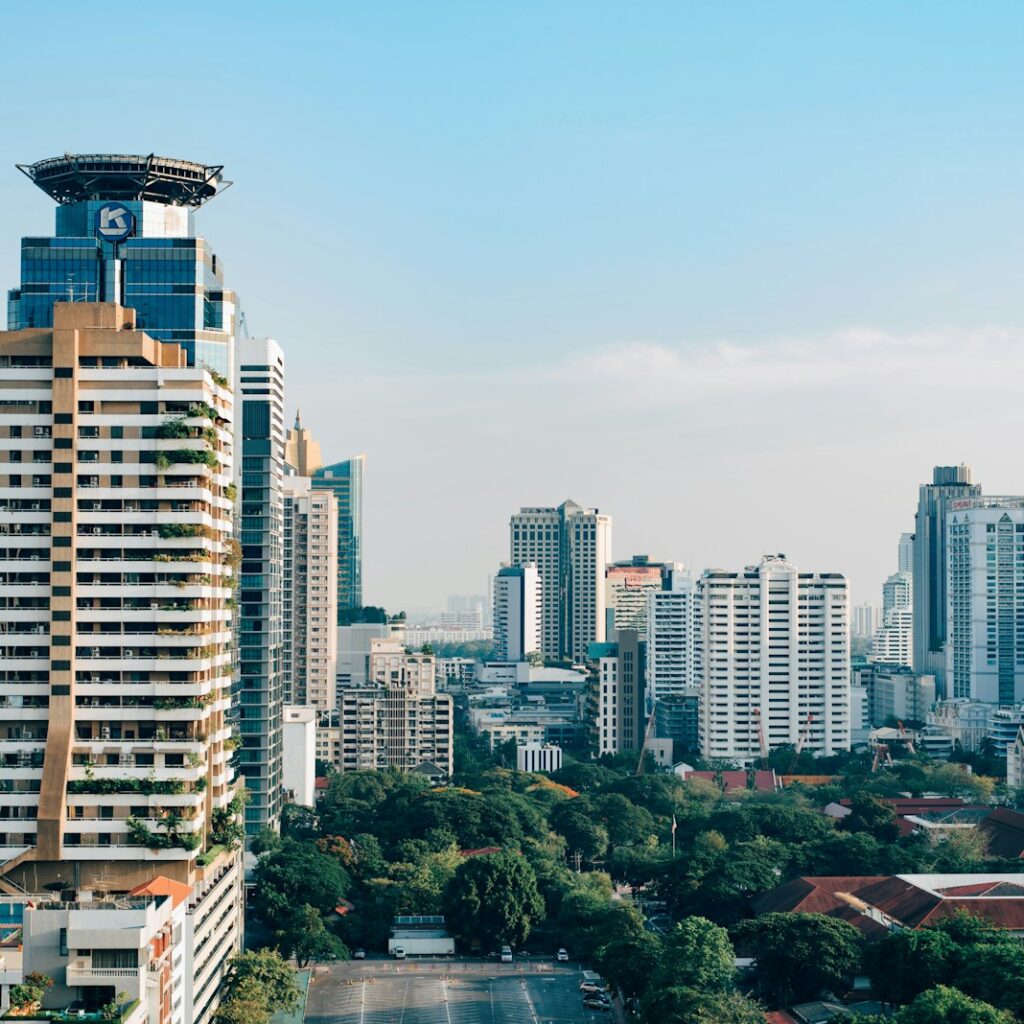
Analyze Historical Data to Forecast Demand
One of the best ways to prepare for seasonal demand is by analyzing historical data. Past booking patterns, occupancy rates, and guest behavior during similar periods can provide a wealth of insight into what to expect during future peaks.
- Why it matters: Knowing when demand is likely to rise helps you plan staff schedules, inventory, pricing strategies, and marketing campaigns in advance.
- How to use it: Use your Property Management System (PMS) or Revenue Management Software to analyze historical data and identify trends. For instance, if you notice an increase in bookings during major holidays, like Diwali in India or Christmas in Europe, use this data to adjust your forecast and operational strategies.


Implement Dynamic Pricing Strategies
During seasonal peaks, you can significantly boost your revenue by adjusting room rates based on demand. Dynamic pricing helps you set higher prices when demand is strong and adjust them when it’s low, ensuring you maximize revenue.
- Why it matters: Dynamic pricing allows you to optimize room rates based on real-time demand, competitive pricing, and market conditions.
- How to use it: Use revenue management systems (RMS) that adjust your room rates automatically based on demand forecasts, competitor pricing, and other market factors. For example, if your hotel is located in a popular tourist destination in India, you can increase room rates during the Taj Mahotsav in Agra or the Goa Carnival when demand peaks.


Enhance Staffing Flexibility with Smart Scheduling
When demand increases, you need to ensure that your hotel is adequately staffed to maintain smooth operations. However, overstaffing during low demand periods can increase operational costs. The key is finding the balance.
- Why it matters: Properly staffing your hotel ensures you can provide excellent service during high demand periods while avoiding unnecessary labor costs during off-peak seasons.
- How to use it: Use staff scheduling software that allows you to forecast staffing needs based on occupancy projections. You can schedule part-time or temporary staff during peak seasons to ensure smooth operations without the long-term financial commitment of hiring permanent employees.


Optimize Inventory and Supply Chain Management
During seasonal peaks, you may experience a surge in guest demand for amenities, food, beverages, and other services. To ensure smooth operations, it’s important to manage your inventory effectively and prepare for increased demand.
- Why it matters: Running out of essential supplies during high-demand periods can lead to guest dissatisfaction. Stocking up on critical items helps maintain a consistent guest experience.
- How to use it: Work with your suppliers in advance to ensure that you have enough inventory for high-demand items. Monitor PMS data to forecast occupancy and guest needs, and make bulk purchases where necessary—such as linens, toiletries, food, and drink supplies.


Plan and Execute Targeted Marketing Campaigns
To capitalize on seasonal demand peaks, it’s important to execute targeted marketing campaigns that highlight your hotel’s offerings during the high-demand period. Seasonal peaks often coincide with festivals, holidays, or major local events, which means there’s a unique opportunity to attract more guests.
- Why it matters: Targeted marketing ensures that your hotel is top of mind for travelers planning vacations or business trips during peak seasons.
- How to use it: Use social media, email marketing, and online travel agencies (OTAs) to promote your hotel during key demand periods. For example, you could offer special discounts, family packages, or festive promotions during Christmas in Dubai or the Monsoon season in Kerala, attracting both local and international travelers.


Improve Website and Booking Engine Efficiency
When demand peaks, travelers are more likely to book hotels in advance. Ensuring that your hotel’s website and booking engine are easy to navigate and fully optimized is essential for capturing last-minute bookings as well as early reservations.
- Why it matters: A seamless booking experience reduces cart abandonment and ensures that guests can easily find and book your hotel.
- How to use it: Optimize your website for mobile devices, integrate your channel manager with major OTAs, and ensure your booking engine is user-friendly and offers real-time availability. During peak seasons, you might also offer exclusive packages and discounts through your website to encourage direct bookings.
Prepare for Increased Guest Expectations
During peak seasons, guests may have heightened expectations for service, especially if they are paying premium rates for their stay. It’s essential to be prepared to deliver exceptional guest experiences, even during high-demand periods.
- Why it matters: Satisfied guests are more likely to leave positive reviews, return to your hotel, and recommend your property to others.
- How to use it: Ensure your team is trained to handle high guest volume efficiently. Consider adding additional services like express check-in/check-out, concierge support, and extra amenities such as spa treatments or guided tours. Also, use guest feedback from previous seasonal periods to identify areas that need improvement.
Leverage Technology for Seamless Operations
Technology can help streamline your hotel operations, allowing you to handle a larger volume of guests without sacrificing service quality. This includes tools for online check-ins, mobile key access, housekeeping management, and customer relationship management (CRM).
- Why it matters: Technology reduces human error and allows your staff to focus on guest interaction, rather than manual tasks.
- How to use it: Implement cloud-based systems for reservations, housekeeping, and guest services. Use CRM tools to track guest preferences and personalize their experience. Offering mobile check-in or self-service kiosks can also reduce wait times and enhance the guest experience during busy periods.
Offer Special Packages and Promotions
One of the best ways to entice guests during seasonal demand peaks is by offering exclusive packages or promotions that are tailored to the specific season or local events. Whether it’s a winter getaway package or a festival promotion during Diwali or New Year’s Eve, special offers can drive more bookings.
- Why it matters: Packages and promotions can attract both new and returning guests, increasing bookings during high-demand seasons.
- How to use it: Create attractive seasonal packages, such as a family holiday package for Christmas, a romantic getaway package for Valentine’s Day, or a business conference package during major industry events. Offer added value like complimentary meals, discounts on extended stays, or exclusive experiences that align with the season.


Monitor Guest Feedback in Real Time
Finally, managing guest feedback during seasonal peaks is crucial to understanding what is working well and what needs immediate attention. Monitoring reviews and feedback in real-time allows you to address issues as they arise, ensuring a smooth operation.
- Why it matters: Timely responses to guest feedback during peak seasons help maintain guest satisfaction and prevent negative reviews.
- How to use it: Use guest satisfaction surveys, online review platforms, and social media to monitor feedback. Address issues promptly by offering solutions or compensations if necessary, and ensure that any recurring issues are resolved to maintain a high level of guest satisfaction.
Unlocking Success During Seasonal Peaks
Preparing for seasonal demand peaks is a crucial aspect of running a successful hotel. By forecasting demand, optimizing pricing, streamlining operations, and delivering excellent guest experiences, you can capitalize on peak seasons and set your hotel up for sustained success. Whether you’re gearing up for festival season in India, the summer rush in Europe, or the winter travel boom in the US, the strategies outlined here will help you manage the surge in demand and maximize profitability while maintaining high guest satisfaction.
Understanding the unsolved mystery of peak season preparation involves a combination of planning, technology, and agility. With the right approach, your hotel can thrive even during the busiest periods, turning high demand into long-term growth and loyal guest.


